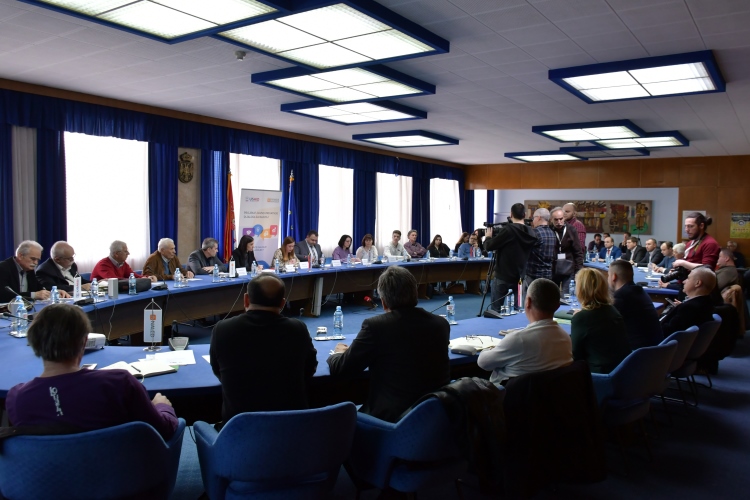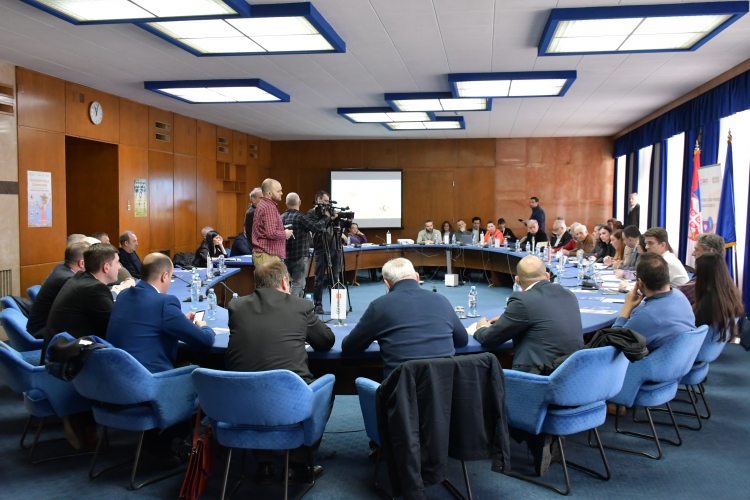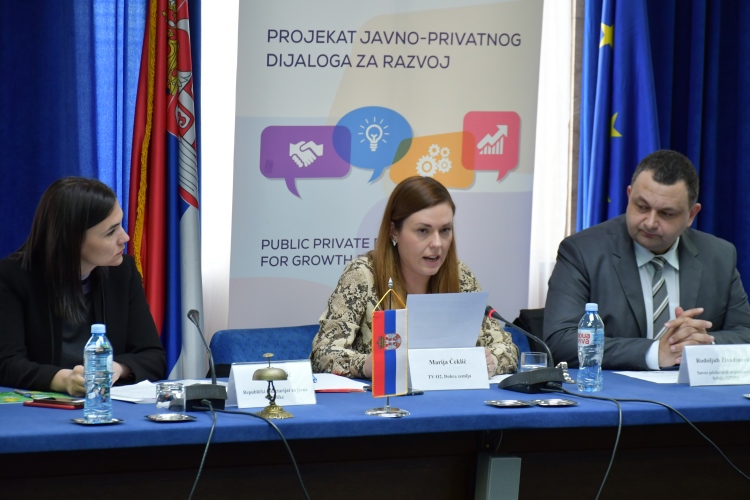Bee Protection Month campaign initiated
O Tuesday, 5 March 2019, the first round table marking the beginning of the campaign “Month of Bee Protection”, under the slogan “Preserve the bees – preserve yourself”, was organized at the Palace of Serbia in Belgrade. The event brought together beekeepers, farmers, experts in the field of plant and environment protection, representatives of line institutions and the media.
Bees pollinate more than 80% of plants people use as food, and one of every three bites of food depend on their work. They are the best indicators of a safe environment for humans, as they can only survive in a healthy and clean environment. However, their population has been experiencing a significant decline over the past years. The production of honey in Serbia has dropped from 12,000 tons in 2015 to 7,000 tons in 2017, while the number of bees sometimes drops by even 20% a year.
The round table participants have indicated the most significant factors endangering the lives of bees. These mostly include poisoning, most commonly occurring due to the practice of fogging mosquitos and mites from the air, or irresponsible use of pesticides in agriculture, many of which are illegal and purchased in the black market. Further on, beekeeping is also burdened with excessive bureaucracy, as well as the problem of insufficient capacities among inspections.
The following round tables will be held in Novi Sad (14 March) and Čačak (26 March). Along with round tables, anyone interested in the topic may also submit proposed solutions or evaluate the nominated recommendations via website www.jpd.rs. The campaign has been initiated by the Beekeeping Association of Serbia and NALED within the four-year Public Private Dialogue for Growth Project financed by the U.S. Agency for International Development (USAID), and implemented by NALED in cooperation with the National Public Policy Secretariat.




